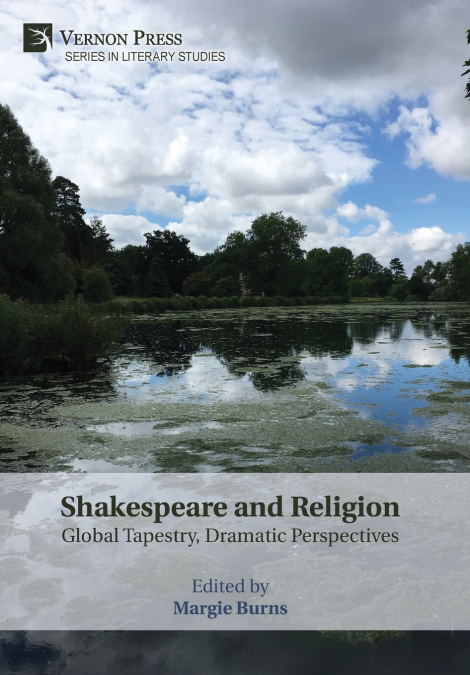
 Librería Perelló (Valencia)
Librería Perelló (Valencia)
 Librería Aciertas (Toledo)
Librería Aciertas (Toledo)
 El AlmaZen del Alquimista (Sevilla)
El AlmaZen del Alquimista (Sevilla)
 Librería Elías (Asturias)
Librería Elías (Asturias)
 Librería Kolima (Madrid)
Librería Kolima (Madrid)
 Donde los libros
Donde los libros
 Librería Proteo (Málaga)
Librería Proteo (Málaga)
Twelve research articles deal with aspects of religion in the plays of William Shakespeare, from early in the dramatist’s career to the end. Ordered by chronology, two chapters focus on history plays; three chapters focus on comedies and three on tragedies; one deals with 'Troilus and Cressida,' and three chapters deal with the late romances. The anthology does not cover all of Shakespeare’s plays and collaborations or the lyric poems. The collection is ecumenical and transnational. While the contributors all recognize that Shakespeare wrote in a Renaissance Christian universe, Christianity is not the only world religion dealt with. Approaches involve history and philosophy as well as theology, and individual perspectives vary. One thing the collection makes clear is that religion, in some sense, operates in every Shakespearean work, and its large spectrum ranges through plot and character from shallow to deep, self-interested to elevated, bloody to harmonious. Religion and religious differences were also part of the fabric and history of the playwright’s world, manifesting in the plays in situation, language, and iconography. From various perspectives, a common denominator is that the authors approach aspects of religion as one element in an informed analysis of the works.